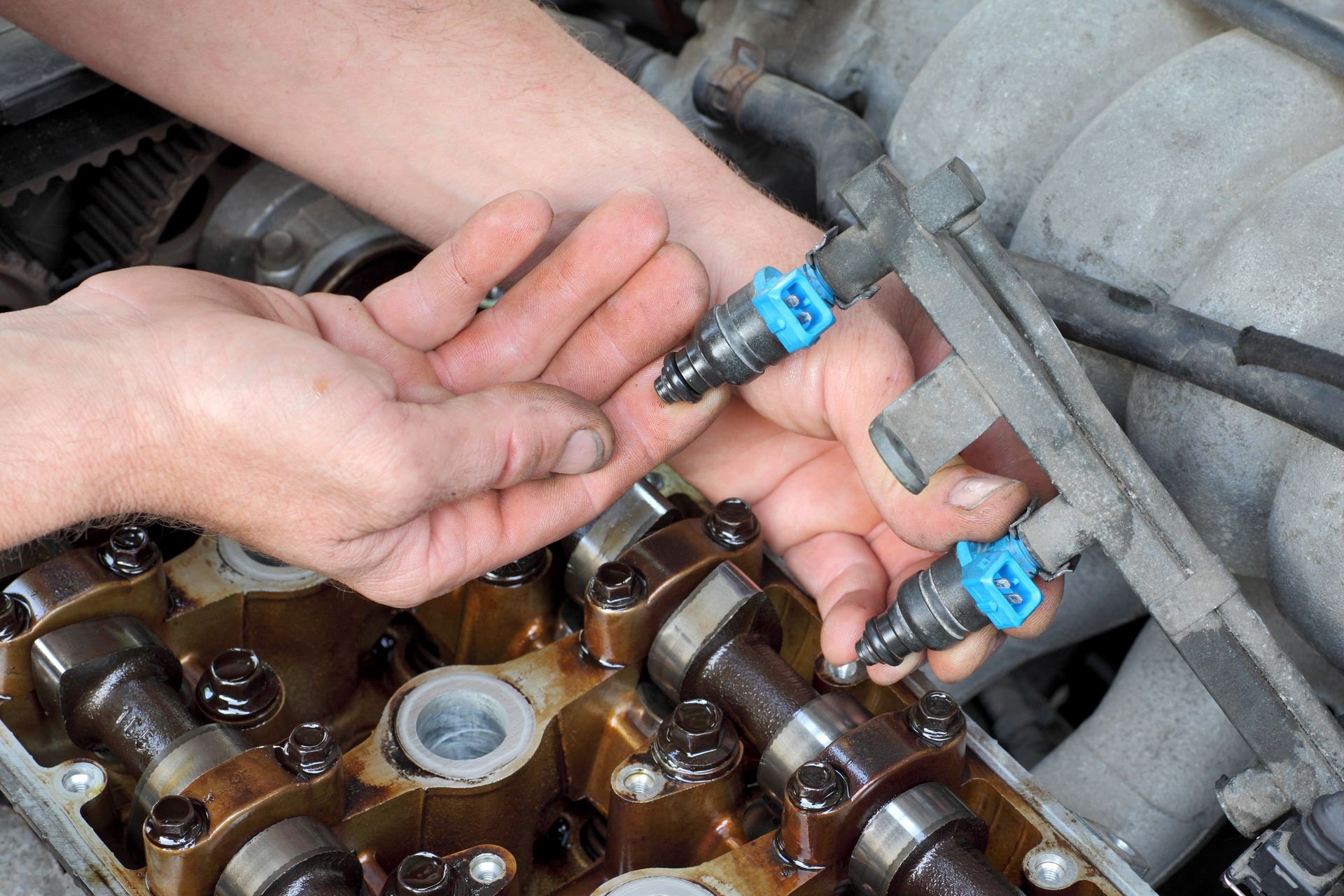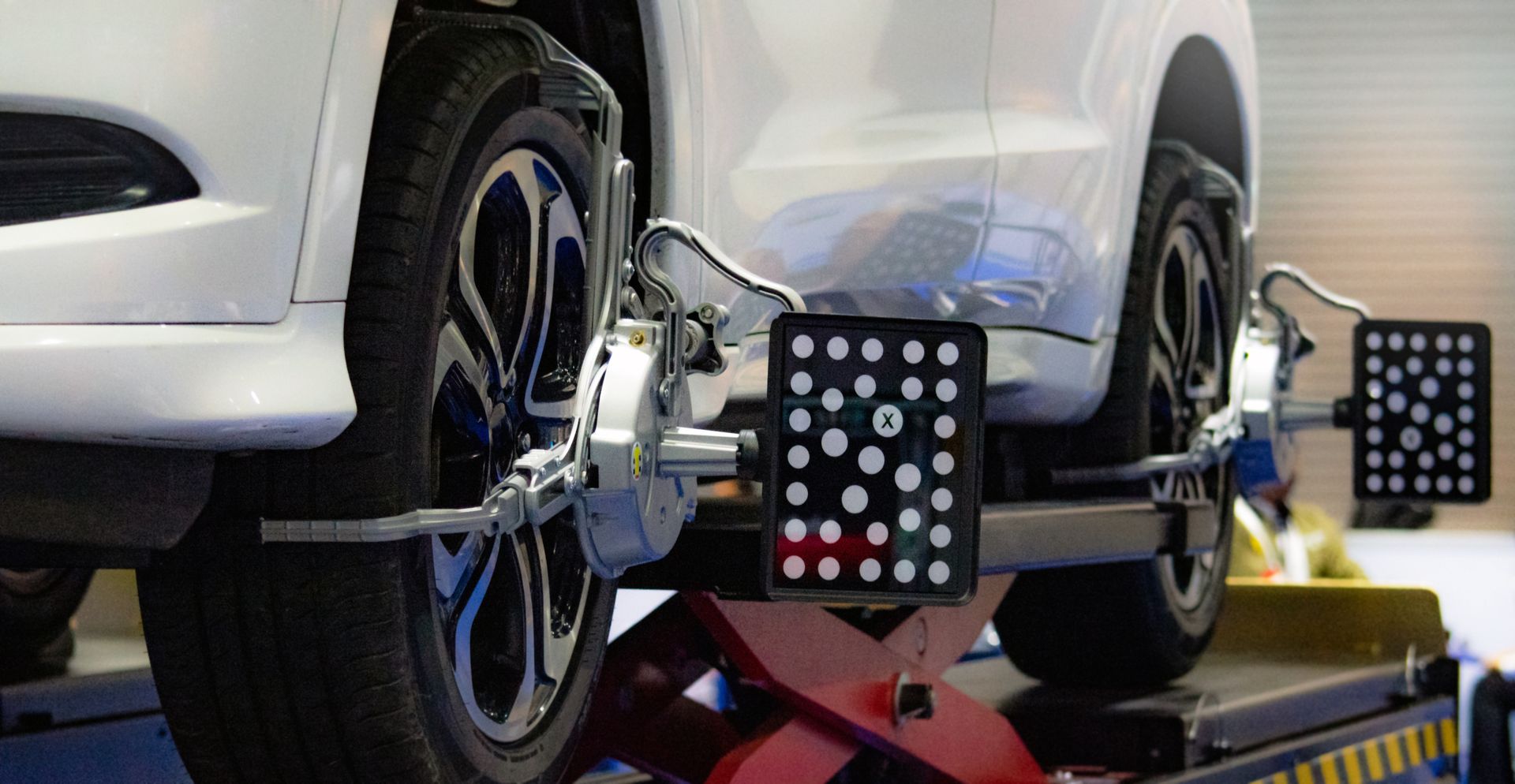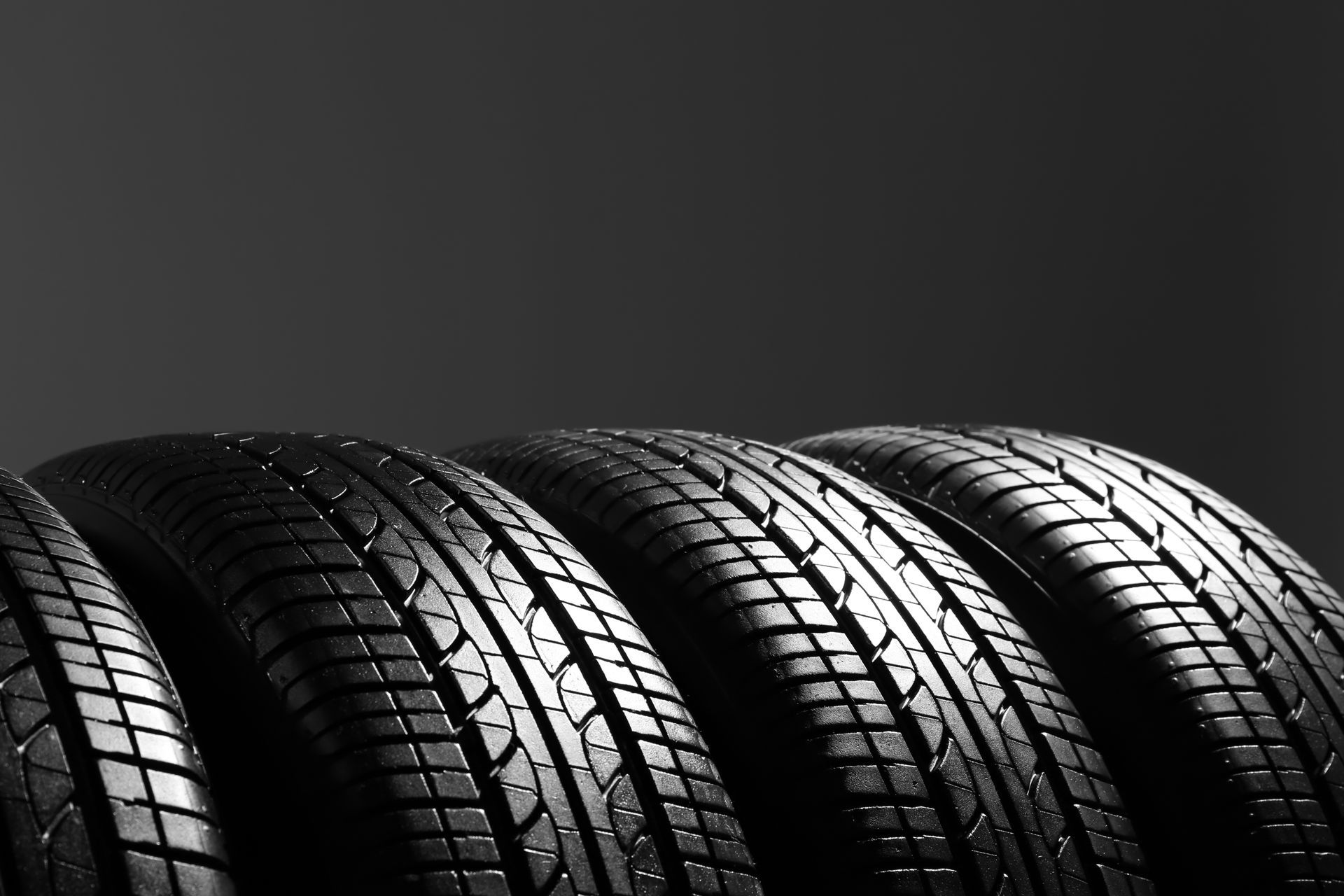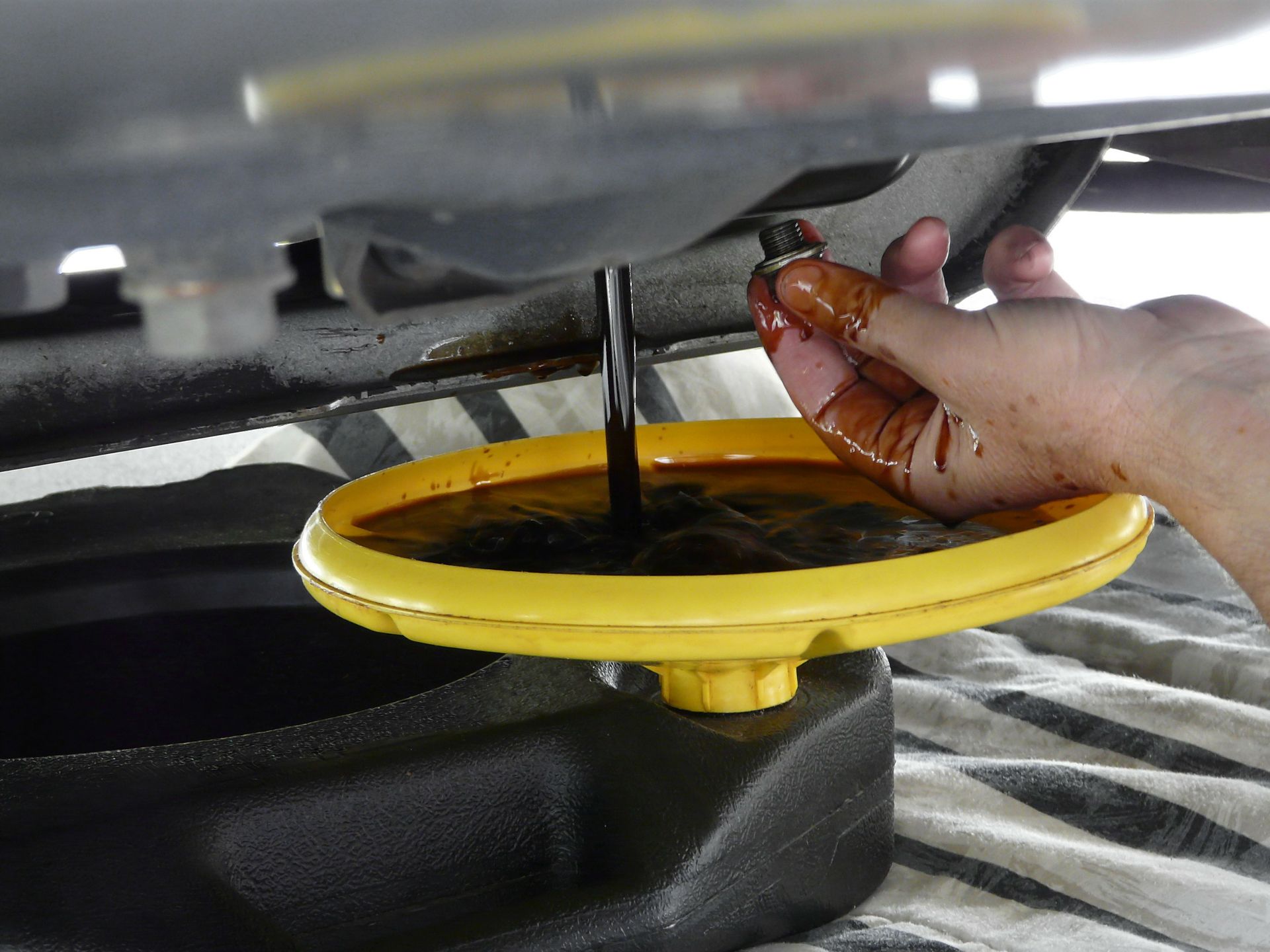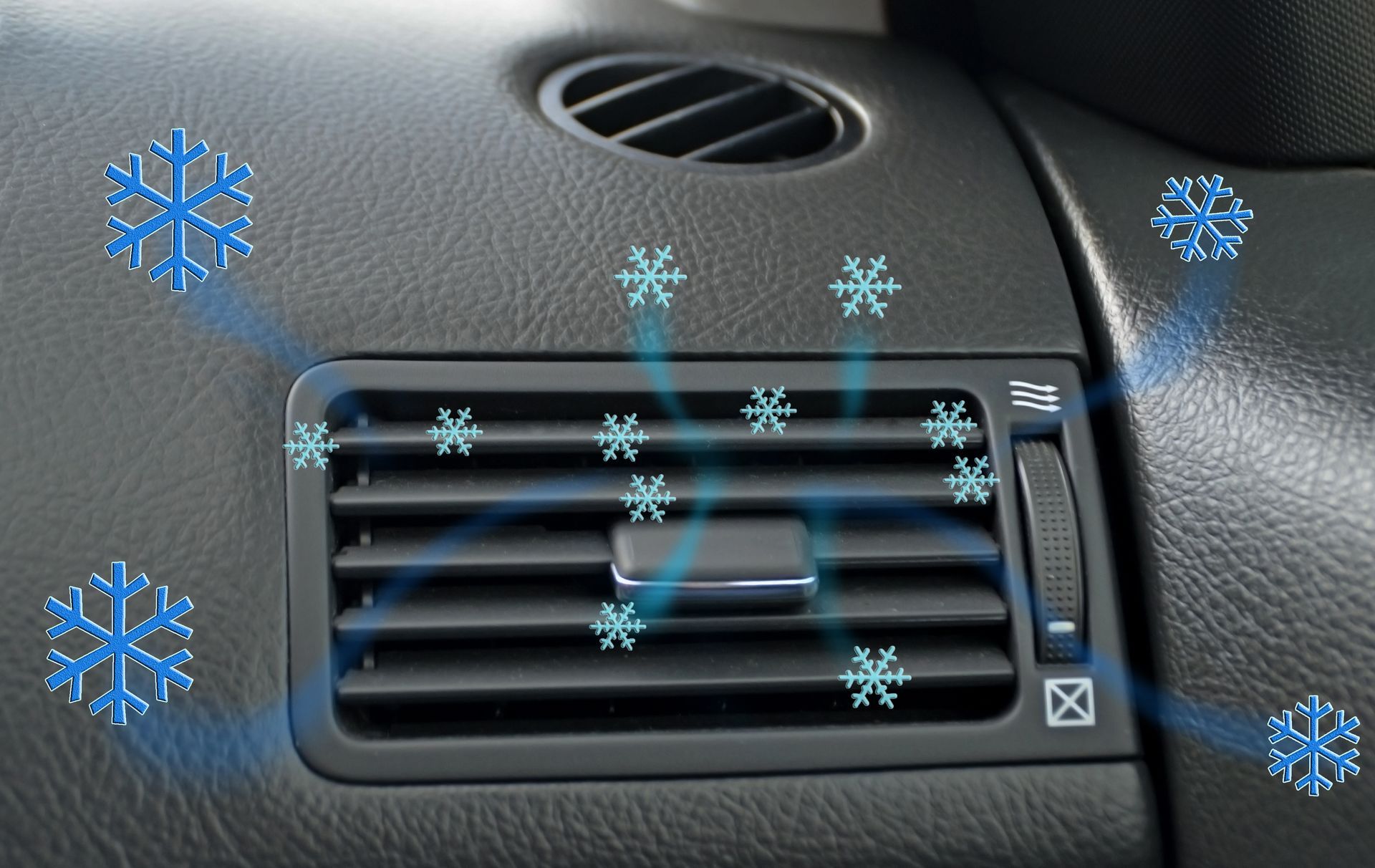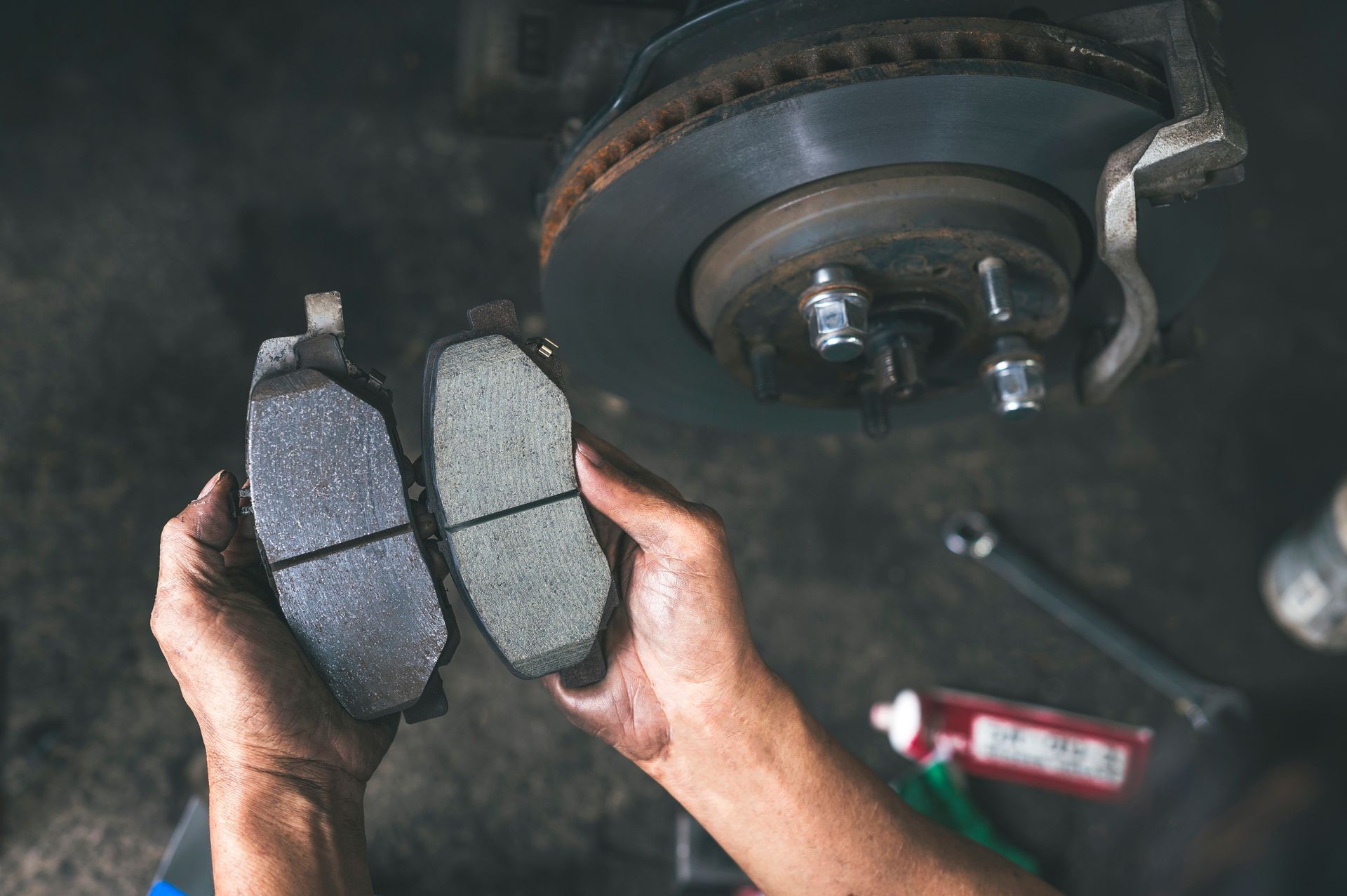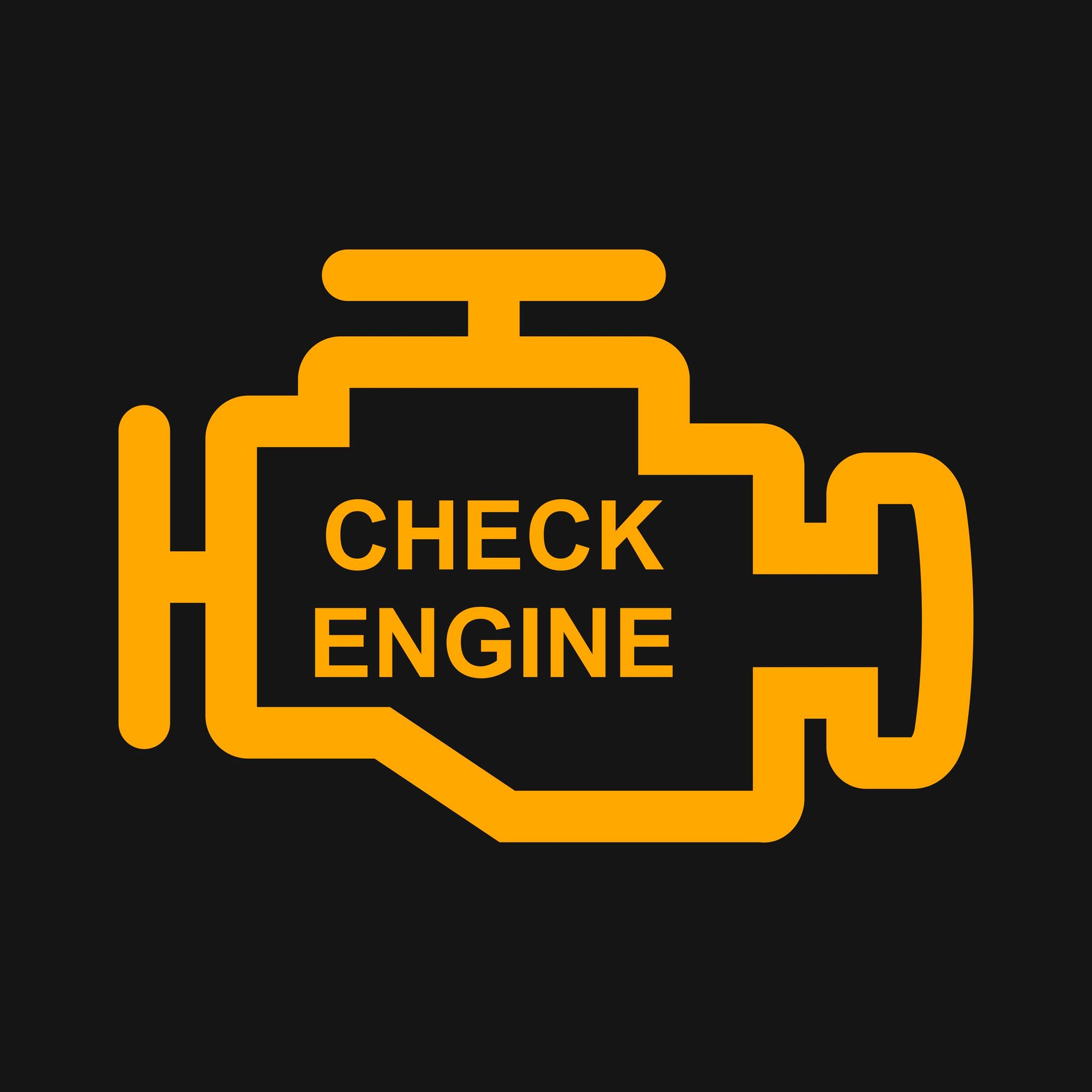Ally Auto Service
Loading ...
Missing business hours data / Error occurred while getting the data.
SAT-SUN CLOSE
Ally Auto Service - 165th
Loading ...
Missing business hours data / Error occurred while getting the data.
SAT-SUN CLOSE
Loading ...
Missing business hours data / Error occurred while getting the data.
SAT-SUN CLOSE
Loading ...
Missing business hours data / Error occurred while getting the data.
SAT-SUN CLOSE
How to Recognize and Address Your Car's Suspension Issues
August 30, 2024
Your car's suspension system is often overlooked, yet it plays a crucial role in ensuring a smooth and safe ride. The suspension system supports the weight of the vehicle, absorbs shocks from the road, and maintains tire contact with the road surface. When it starts to fail, you might notice a decline in ride quality, which can even cause safety issues. So, how do you recognize and address your car's suspension problems before they become serious?
The Importance of Suspension Maintenance
First, let's understand why suspension maintenance is so important. The suspension system isn't just about comfort - it's about control. A well-functioning suspension system ensures your tires maintain contact with the road, providing stability and control, especially during turns and sudden stops. Ignoring suspension issues can lead to uneven tire wear, poor handling, and even increased stopping distances, posing serious safety risks.
Common Signs of Suspension Issues
Recognizing the early signs of suspension problems can save you from costly repairs and keep you safe on the road. Here are some common symptoms to watch out for:
1. Rough Ride
If you feel every bump and pothole more intensely than you used to, it's a clear sign your suspension might be wearing out. A smooth ride indicates that your shocks and struts are doing their job in absorbing the road impacts.
2. Drifting or Pulling During Turns
A properly functioning suspension system keeps your car stable and on track. If you notice your car drifting or pulling to one side when you're turning, it might mean the shocks are no longer stabilizing the vehicle's body against the centrifugal force of a turn.
3. Uneven Tire Wear
Take a look at your tires. If you notice that the tread is wearing out unevenly or there are bald spots, it could indicate a problem with your suspension. Uneven tire wear means your suspension isn't holding the car evenly, causing parts of the tire to press down harder than others.
4. Nose Diving When Stopping
When you brake, does the front of your car nosedive? This is another tell-tale sign that your shocks might be worn out. This issue can seriously affect your stopping time, which is a significant safety concern.
5. Oily Shocks
If you suspect suspension issues, take a peek under your vehicle. Look at your shocks and struts. If they appear greasy or oily, it could be a sign that they are leaking fluid and aren't functioning properly. This means it's time for a replacement.
Addressing Suspension Issues
Once you've identified a problem, addressing it promptly is crucial. Here's what you can do:
Regular Inspections
Even if you don't notice any issues, regular inspections by a professional can help catch potential problems early. They can assess the condition of your shocks, struts, and other suspension components to ensure everything is functioning correctly.
Replace Worn Parts
Suspension components like shocks and struts have a finite lifespan. If they're worn out, replace them. It's generally recommended to replace shocks and struts every 50,000 miles, but this can vary depending on your driving conditions and vehicle model.
Alignment and Balancing
If you're experiencing uneven tire wear or your car is pulling to one side, an alignment and balancing might be in order. Proper alignment ensures your vehicle's wheels are set to the optimum position as per the manufacturer's specifications.
Fluid Leaks
Check for any fluid leaks around the suspension system. If you find any, it could indicate that your shocks or struts are failing. Replacing them will restore your car's smooth ride and handling.
Consult a Professional
While some car maintenance can be done at home, suspension issues often require the expertise of a professional. We have the tools and knowledge to diagnose and fix the problem accurately, ensuring your vehicle is safe to drive.
Preventive Measures to Prolong Suspension Life
Beyond fixing issues, there are preventive measures you can take to extend the life of your suspension system. Here are some tips:
Drive Carefully
Avoid potholes, speed bumps, and other road hazards when possible. Slow down when driving on rough roads to reduce the impact on your suspension system.
Maintain Proper Tire Pressure
Keeping your tires at the recommended pressure can reduce unnecessary strain on your suspension. Check your tire pressure regularly, especially before long trips.
Routine Maintenance
Stick to your vehicle's maintenance schedule. Regular check-ups can help catch potential suspension issues before they become serious problems. This includes checking the suspension components, wheel alignment, and tire balance.
Avoid Overloading
Your vehicle's suspension is designed to handle a certain amount of weight. Overloading your car can put excessive strain on the suspension system, leading to premature wear and tear. Be mindful of your vehicle's load capacity and avoid carrying unnecessary weight.
Monitor Fluid Levels
Some parts of the suspension system, like hydraulic shocks, rely on fluid to function correctly. Regularly check and top off these fluids to ensure smooth operation.
Notice uneven tire wear or a rough ride? Your suspension might need attention. Trust the professionals at
Ally Auto Service to provide top-notch maintenance and keep your car performing its best.
Having Trouble Finding Us?
Ally Auto Service - 84th
Loading ...
Missing business hours data / Error occurred while getting the data.
| SAT-SUN CLOSE
Loading ...
Missing business hours data / Error occurred while getting the data.
| SAT-SUN CLOSE
Loading ...
Missing nap lines data / Error occured while getting the data.


